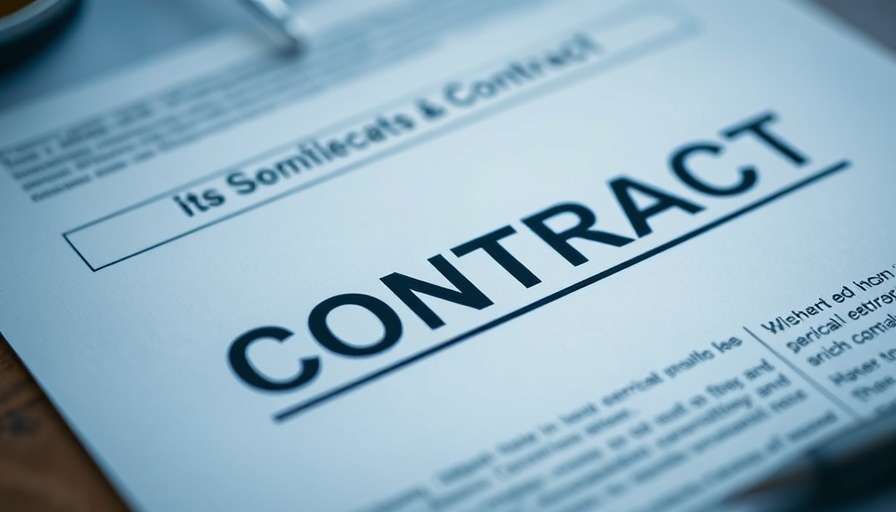
Understanding Line-Item Appraisal Awards in Insurance
As South Carolina residents navigate the complexities of property damage claims, it’s essential to grasp how line-item appraisal awards can impact the process. A recent case from Florida highlights the ongoing disputes regarding appraisal procedures and the scope of what insurance companies can demand from policyholders.
The Case That Sparked Controversy
The dispute arose after Hurricane Ian caused significant damage to a commercial property in Naples, Florida. In this case, Great Lakes Insurance SE pushed for a specific appraisal format, urging the panel to itemize damage costs by separating replacement cost value (RCV), actual cash value (ACV), direct and indirect damages, and matching costs. This insistence reflects a broader trend among insurers who seek to control how claims are quantified, often to their advantage.
Policyholders Push Back Against Insurer Demands
The policyholder, Ming & Kwang Development Corporation, vehemently rejected these demands, asserting that the insurance policy did not stipulate such line-item requirements. This refusal underscores a critical aspect of the appraisal process: the policy language governs what can and cannot be requested during appraisals. Courts, particularly in Florida, have repeatedly maintained that insurers cannot rewrite contracts after the fact to favor their needs.
Why Line-Itemization Matters
Insurers argue that breaking down awards into line items can prevent premature payments not justified by the policy’s terms. Specifically, Great Lakes contended that without separating RCV from ACV, there could be a risk of overpaying before repairs are completed. However, the court emphasized that the language of the policy must be adhered to, suggesting that insurers often overreach in their attempts to redefine terms to fit their approaches.
The Implications for South Carolina Residents
This ruling carries significant implications for residents in South Carolina grappling with similar situations. Insurers in the state might attempt to instigate similar demands, arguing that without line-item appraisals, they are unable to assess claims properly. South Carolinians must be vigilant and recognize their rights. Always remember that the language in your policy is your first line of defense against these potentially unfair practices.
Legal Precedents to Keep in Mind
The federal court in the referenced case indicated that Florida's legal framework consistently rejects insurers' methods to mandate line-item awards unless explicitly outlined in the policy. This creates a valuable precedent for South Carolina policyholders who may face pressure to comply with similar adjustments in handling their claims.
Protecting Your Insurance Rights
Understanding these judicial rulings can empower consumers to stand firm against insurance company tactics. In many cases, insurers hoping to employ potential bad faith strategies could be challenged through well-structured legal arguments. Always consult with an attorney experienced in insurance law to navigate these claims effectively.
The Bigger Picture: Consumer Awareness
Every policyholder should be aware of what they are entitled to under their policies. Knowing the terms is critical when dealing with adjusters who may employ tricks to diminish your claim's value or delay your settlements. These insights into how insurance companies operate can help you recognize unfair practices and stand your ground against unjust adjuster tactics.
For South Carolinians facing property damage claims, understanding these nuances can be the key to reclaiming what you rightly deserve. Keep informed, stay assertive, and protect your rights as a policyholder.
 Add Row
Add Row  Add
Add 




Write A Comment